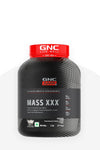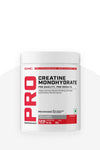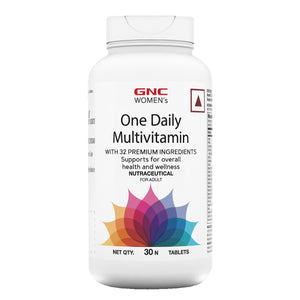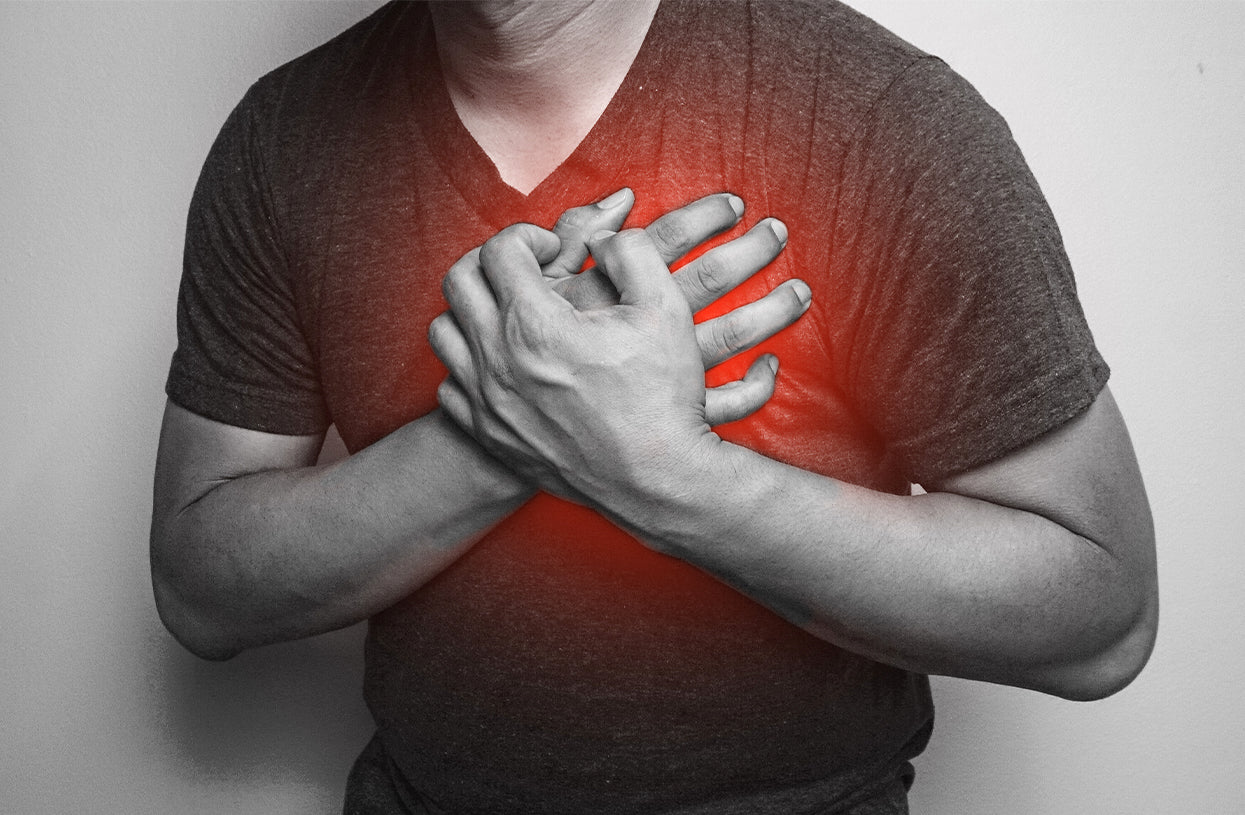Yes! You read that correctly. Recent reports indicate a concerning increase in heart attacks among younger individuals. Heart disease has traditionally been associated with older adults. However, recent data reveals a new shift, with younger populations increasingly being affected year by year. This trend underscores the urgent need to address the main factors and implement preventive measures to safeguard the health of our younger generations.
As per the latest report and survey, 1 in 5 heart attack patients are now under 40. This big concern trend emerged after cases of cardiac problems in younger individuals were found in hospitals across India between 2020 and 2023, indicating that 50% of heart attack patients are below the age of 40.
A decade ago, most of the cases relating to cardiovascular diseases were found to be prevalent in patients who were in their 60s or late 50s, but recent studies have shown that the frequency of people with acute heart diseases has risen sharply for people in their 30s!
What do Doctors have to say about it?
This alarming shift underscores the urgent need to address the factors contributing to this rise and to implement preventive measures to safeguard the health of younger populations.
Most of the young people encountering heart attacks have a few frequent common traits among them, which include insecurity about their jobs and a very poor work-life balance.
Recent research by Dr. Jitendra Nath Patnaik, a senior consultant in cardiothoracic vascular surgery at Manipal Hospitals, Bhubaneswar, highlights that prolonged workplace stress and high job pressure can lead to serious health issues like hypertension, diabetes, and heart disease.
He explains that the fast-paced, high-pressure nature of modern work environments is making employees more vulnerable to these stress-related health problems.
Also Read: Young Hearts at Risk: The Alarming Surge of Heart Attacks in Adults Under 40
Alcohol & Heart Health: A Dangerous Connection
There are also some lifestyle choices that people make which are very harmful for their heart, a very prominent poor health choice is alcoholism. Too much alcohol consumption raises blood pressure, causes irregular heartbeats, and leads to fat buildup in arteries. Even occasional drinking can spike blood pressure and strain the heart. Over time, alcohol weakens the heart muscle, leading to heart failure or sudden cardiac arrest. So, anyone looking to avoid heart problems, it's best you become a teetotaler.
Certain lifestyle habits can significantly damage heart health, and one of the most harmful is excessive alcohol consumption. Drinking large amounts of alcohol can raise blood pressure, cause abnormal heart rhythms, and contribute to fat buildup in the arteries — all of which increase the risk of heart disease.
Even occasional drinking can trigger temporary spikes in blood pressure, putting added stress on the heart. Over time, frequent alcohol use weakens the heart muscle, which can eventually lead to heart failure or even sudden cardiac arrest. To safeguard heart health and lower the risk of these serious complications, choosing to avoid alcohol entirely is the healthiest and most effective approach.
Is there a link between the rise in heart disease and COVID-19?
Doctors and researchers say the answer is a clear “Yes.” A study by the National Institutes of Health found that people who contracted COVID-19 — especially those with severe infections — faced a significantly higher risk of heart-related complications.
Published in Arteriosclerosis, Thrombosis, and Vascular Biology, the study tracked about 2.18 lakh individuals over a three-year period. The findings showed that people who had COVID-19 were twice as likely to experience heart attacks, strokes, or even death compared to those who never had the virus. For individuals hospitalized due to severe COVID-19, the risk became even more alarming — rising to four times higher.
Supporting this concerning trend, a five-year study conducted by Aakash Healthcare in Delhi reported that heart attack cases more than doubled following the pandemic. Emergency heart cases surged by 60%, reflecting a sharp increase in cardiovascular issues . The study examined 762 cases across three phases — before, during, and after the pandemic — each phase covering 22 months. The data clearly shows how COVID-19 may have left a lasting impact on heart health, making it a serious ongoing public health concern.
A five-year study by Aakash Healthcare, Delhi, revealed that heart attack cases more than doubled after the COVID-19 pandemic, with emergency cases rising by 60%. The study analyzed 762 cases over three distinct periods — before, during, and after the pandemic — each spanning 22 months.
But why the recent spike?
You may ask, and is this phenomenon only limited to India or is it universal? From the various research conducted, we see the highest spike in the South and South East Asian regions. Poor diets filled with processed and refined foods, rising obesity, excessive salt and sugar intake, high stress, and lack of sleep are all contributing factors. The rise in smoking is another factor that contributes to the uptick in heart failure cases.
Now that you know the risks involved, you would obviously devise ways to avoid having a heart attack in your 30s, but you might be wondering how to do that?
Well, first of all, get yourself checked! Identifying a problem is the first step in tackling it. More extensive research is needed on this specific topic to understand other factors. At a personal level changing our dietary habits and opting for a healthy balanced diet combined with making better lifestyle choices would greatly reduce the risk of heart attack.
But following a good balanced diet is not the only thing a person requires in today’s busy world, where every individual has got very little time for themselves. In this, to avoid the risk of heart attack a person should incorporate a heart-friendly supplement, like GNC Nitro Surge , India’s first cardiac whey protein, which can help support better heart health while leading a healthy lifestyle. With 24g protein, 756mg Nitrosigine, and 500mg L-Citrulline, it improves blood flow, boosts muscle cells, and enhances cardiovascular function. Its Cardio Protect Formula also contains DigeZyme for easy digestion, making it an excellent choice for maintaining heart health while meeting protein needs.
In addition to regular health checkups and awareness programs to catch early signs of heart problems, workplaces should provide stress management training and mental health support to help employees handle job-related stress. It’s also crucial for people to maintain a healthy work-life balance. While genetics can influence heart health, lifestyle choices play a bigger role in preventing early heart disease. Making small, positive changes now can lead to a healthier future, and taking action early is crucial to avoid a growing public health crisis.
Popular Search Terms
Protein Powders For Beginners | Do Protein Shakes Make You Fat? | Top 8 Benefits Of Consuming Fish Oil Supplements | Is Apple Cider Vinegar Good For Weight Loss? | Essential Haircare Products For Women | Benefits Of Multivitamins For Our Body | Best Biotin Gummies For Hair Growth | Top 5 Foods That Contain Creatine | How Fat Burners Help You Lose Weight? | Fish Oil Benefits For Men You Should Know | Weight Gain Exercises | How To Choose A Protein Powder? | 7 Hidden Benefits of Glutathione | Fitness Fraud in Noida | Creatine: Everything You Need to Know



























